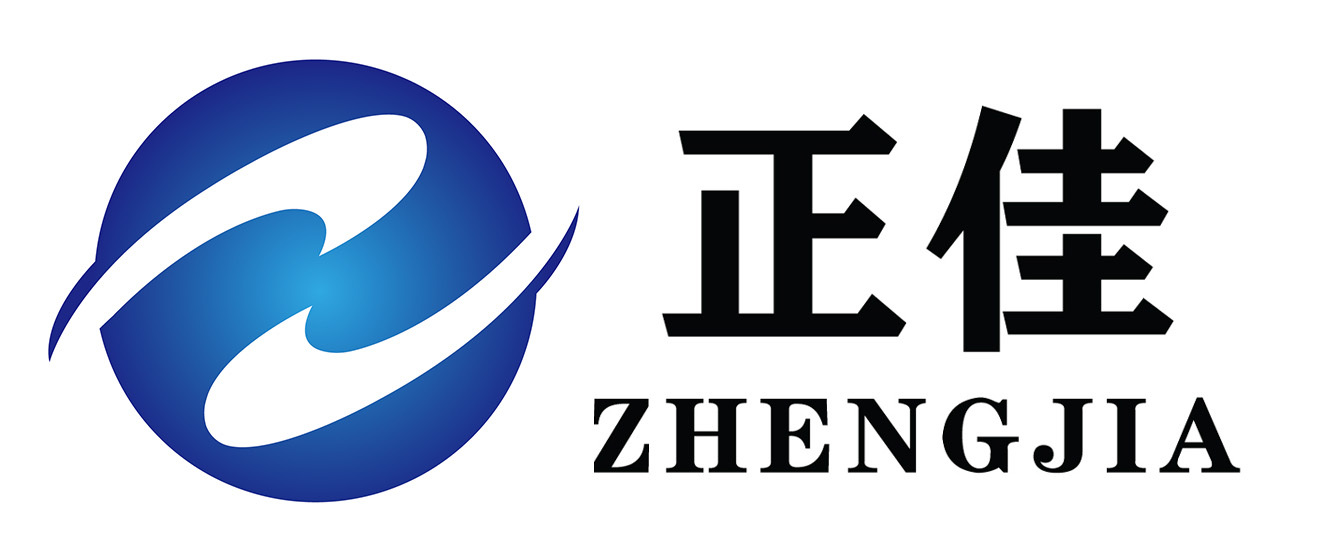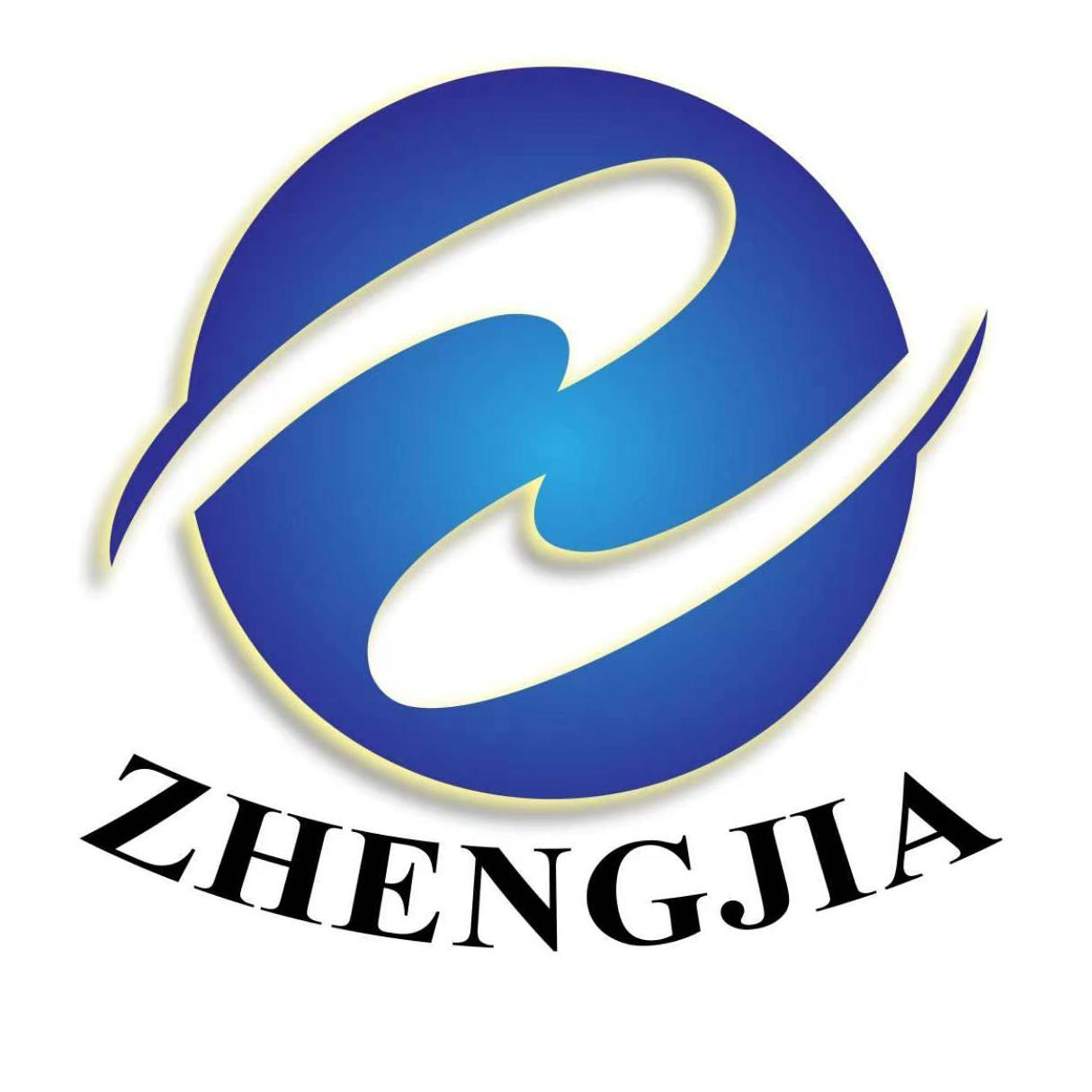The Ultimate Comparison of Disposable Diapers for Newborns: What You Need to Know
2025-09-30
The Ultimate Comparison of Disposable Diapers for Newborns: What You Need to Know Table of Contents 1. Introduction to Disposable Diapers for Newborns 2. Understanding Different Types of Disposable Diapers - 2.1 Materials Used in Disposable Diapers - 2.2 Absorbency and Retention Capabilities 3. Eco-Friendly Options: Sustainable Diapers 4. Cost Comparison of Popular Disposable D
The Ultimate Comparison of Disposable Diapers for Newborns: What You Need to Know
Table of Contents
1. Introduction to Disposable Diapers for Newborns
2. Understanding Different Types of Disposable Diapers
- 2.1 Materials Used in Disposable Diapers
- 2.2 Absorbency and Retention Capabilities
3. Eco-Friendly Options: Sustainable Diapers
4. Cost Comparison of Popular Disposable Diaper Brands
5. Best Disposable Diaper Brands for Newborns
6. Real Moms' Reviews: What Parents Are Saying
7. Choosing the Right Size and Fit
8. Frequently Asked Questions
9. Conclusion: Choosing the Right Disposable Diaper
Introduction to Disposable Diapers for Newborns
Choosing the right disposable diaper for your newborn is a pivotal decision every parent faces. With countless options available, navigating this market can feel overwhelming. In this comprehensive comparison, we provide an in-depth analysis of what makes a disposable diaper worth your investment. Understanding features, benefits, and user feedback creates a clear path toward making the best choice for your baby's health and comfort.
Understanding Different Types of Disposable Diapers
In the world of baby care, disposable diapers come in various styles, each designed to meet specific needs. Familiarizing yourself with these options will arm you with the knowledge necessary to make an informed choice.
Materials Used in Disposable Diapers
The materials used in disposable diapers directly affect their comfort, absorbency, and safety. Most disposable diapers consist of a core layer made from absorbent polymers, often paired with a non-woven fabric layer for comfort. Some brands incorporate breathable materials to enhance airflow, reducing the risk of rashes.
When assessing materials, look for diapers that prioritize non-toxic, hypoallergenic components. These materials reduce the likelihood of skin irritations, ensuring your newborn remains comfortable throughout the day.
Absorbency and Retention Capabilities
Absorbency is arguably the most crucial factor when selecting a disposable diaper. A diaper with superior absorbency can keep your baby dry for extended periods, reducing diaper changes and preventing leaks.
The best disposable diapers feature a multi-layer absorbent core designed to wick moisture away from the skin quickly. This rapid absorption helps maintain skin health and comfort. Parents should also consider the diaper's retention capabilities, which determine how well it can hold liquid without leaking.
Eco-Friendly Options: Sustainable Diapers
As environmental concerns continue to rise, many parents seek eco-friendly disposable diaper options. These diapers often feature biodegradable materials and are designed to minimize waste. Brands that prioritize sustainability typically use fewer harmful chemicals and more natural fibers in their diaper construction.
Choosing eco-friendly diapers can significantly reduce your baby's environmental impact while ensuring they are safe from potentially harmful materials. Look for certifications from recognized environmental organizations to validate a brand's commitment to sustainability.
Cost Comparison of Popular Disposable Diaper Brands
When assessing disposable diapers, it's essential to balance cost with quality. Here's a quick breakdown of some popular brands and their average costs:
1. **Pampers**: Known for their reliability and comfort, Pampers typically range from $0.25 to $0.30 per diaper.
2. **Huggies**: Another market leader, Huggies also offers excellent absorbency, with prices around $0.20 to $0.28 per diaper.
3. **Luvs**: A budget-friendly option, Luvs averages around $0.15 to $0.20 per diaper, often without sacrificing quality.
4. **Seventh Generation**: This eco-conscious brand ranges from $0.30 to $0.35 per diaper, focusing on sustainability.
It's crucial to consider not just the price per diaper but also the overall value provided in terms of performance, comfort, and safety.
Best Disposable Diaper Brands for Newborns
Several brands stand out in the disposable diaper market, each with its unique strengths:
- **Pampers Swaddlers**: Designed with newborns in mind, they offer exceptional softness and absorbency.
- **Huggies Little Snugglers**: These diapers feature a gentle lining and a unique design to keep your baby snug and dry.
- **Luvs Ultra Leakguards**: Known for their leak protection, Luvs are budget-friendly without sacrificing quality.
- **Honest Company Diapers**: Committed to eco-friendliness, these diapers are also stylish and safe for sensitive skin.
Researching and comparing these brands based on your needs will ensure a satisfying experience for both you and your baby.
Real Moms' Reviews: What Parents Are Saying
Hearing from other parents can provide valuable insights into the effectiveness of different diaper brands. Here are some feedback snippets and ratings from real users:
- **Pampers Swaddlers**: "These are a lifesaver! My baby stays dry, and we haven't had any leaks." (5/5)
- **Huggies Little Snugglers**: "Great fit and comfortable. Love the wetness indicator!" (4.5/5)
- **Luvs Ultra Leakguards**: "Perfect for my budget and does the job well!" (4/5)
- **Honest Company Diapers**: "I appreciate the eco-friendly materials, although they can be pricier." (4.2/5)
These reviews shed light on the practical aspects of each diaper brand, helping prospective buyers understand what to expect.
Choosing the Right Size and Fit
Finding the right diaper size is crucial for ensuring comfort and preventing leaks. Disposable diapers typically come in sizes based on the weight of your baby. Here’s a general guide to help you determine the best size:
- **Newborn (up to 10 lbs)**: Tailored for the smallest infants, often featuring an umbilical cord cut-out.
- **Size 1 (8-14 lbs)**: Designed for growing babies, providing a snug fit while allowing movement.
- **Size 2 (12-18 lbs)**: Catering to older infants, these diapers are slightly larger for more mobility.
It's important to regularly check your baby's weight and adjust diaper sizes accordingly. An ill-fitting diaper can lead to discomfort and increased risk of leaks.
Frequently Asked Questions
1. How many disposable diapers will I need for a newborn?
Newborns typically require about 10 to 12 diaper changes a day, especially in the first few weeks. This can vary based on feeding habits and individual baby needs.
2. Are disposable diapers safe for my newborn's skin?
Most disposable diapers are designed to be safe and hypoallergenic. However, always check for skin reactions and consider switching brands if irritation occurs.
3. How should I store disposable diapers?
Keep diapers in a cool, dry place to maintain their integrity. Avoid exposure to direct sunlight or moisture.
4. Can I use cloth diapers instead of disposable ones?
Yes, cloth diapers are a viable alternative. They are reusable and can be more environmentally friendly, though they require more effort in terms of cleaning and maintenance.
5. What are the signs that I need to change my baby's diaper?
Look for signs of wetness, diaper sagging, or any discomfort your baby may show. Regular checks, especially after feeding or naps, are recommended.
Conclusion: Choosing the Right Disposable Diaper
Selecting the right disposable diaper for your newborn involves careful consideration of various factors, including materials, absorbency, cost, and eco-friendliness. By evaluating brands, reading real-life reviews, and understanding your baby’s specific needs, you can confidently make an informed choice that ensures your little one stays dry, comfortable, and happy. The right diaper not only supports your baby’s well-being but also provides peace of mind for you as a parent.








